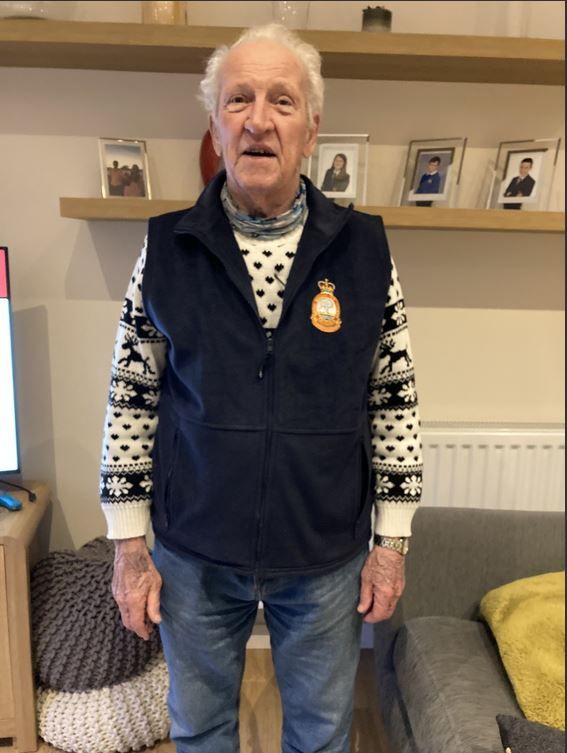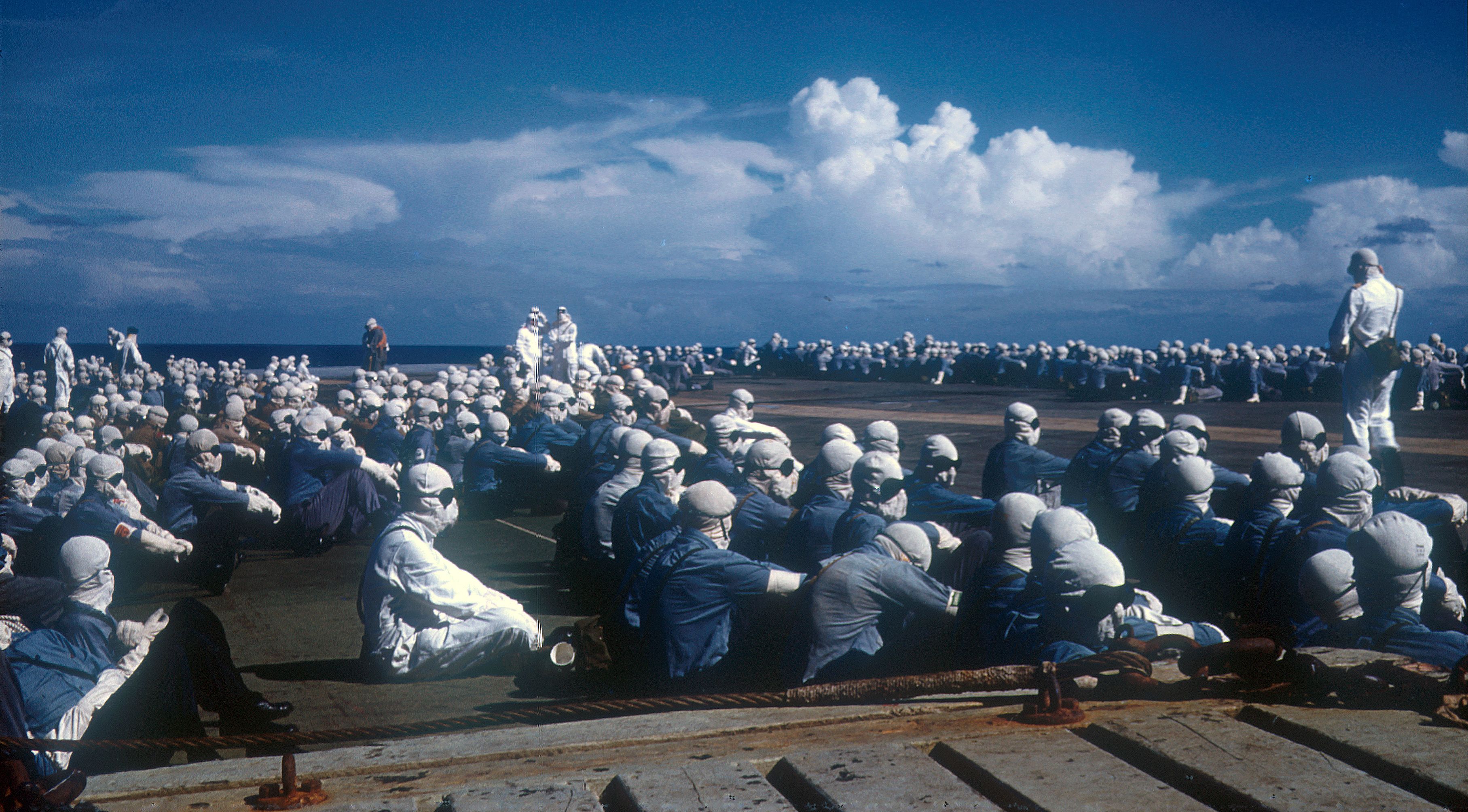
John Oates was born in Trealaw in the Rhondda Valley in 1938, and raised in a mining community. He briefly worked in a mine before choosing to join the Royal Air Force (RAF) for National Service, despite being exempt due to his job as a miner. Oates was briefly posted to Shropshire before noticing the RAF appeal for volunteers to go to Christmas Island for the nuclear tests. Oates did not volunteer but was posted there due to a lack of volunteers. He arrived on Christmas Island in the summer of 1957 and witnessed several nuclear tests, including Grapple Y. After his experiences on Christmas Island, Oates spent the final few months of his National Service posted in Portsmouth. He went on to work in a zip factory, where he met his first wife. Oates later worked for Standard Telephones and Cables. Oates currently lives in Caerphilly with his second wife. He has two children.
Interview extracts
Description
John Oates was born and raised in Trealaw, a small mining community in South Wales. His recruitment to the testing programme on Christmas Island was one of the first times he had been away from the Welsh Valleys. Upon returning home from his National Service with the RAF, Oates was welcomed by family and friends. He describes how the shock of what he had witnessed on Christmas Island made it difficult for him to get into the spirit of his warm reception. He chose not to remain in the RAF after his experience on Christmas Island, but did join the Territorial Army.
This is a short extract from an in-depth interview. John Oates was recorded for the Oral History of British Nuclear Test Veterans project in 2024. The interviewer was Joshua A Bushen. This project was run in partnership with National Life Stories and the full interview can be accessed at the British Library.
Transcript
What sort of welcome do you get at home?
Oh great, absolutely, but embarrassing. It was terribly embarrassing, they’d put the damn flags out. I know I’m coming back from the war, but oh, it was so embarrassing. But I thought, well, probably I have been in the war. You know, a twenty-year-old boy, and I thought, my goodness, what they done? What they done? The community up in, you know, it’s not only my family done it, the damn street done it! Walking up from Dinas station, then the steps up into Crawshaw Road, I thought oh no, these buntings and flags. Oh, my goodness, what has happened, what could have happened, I thought. My hero, my hero’s come home. Oh no. No, no, no, no, no. That night we went down to the Red Lion pub in Dinas, and that’s when I got started crying.
[ends at 0:00:53]


